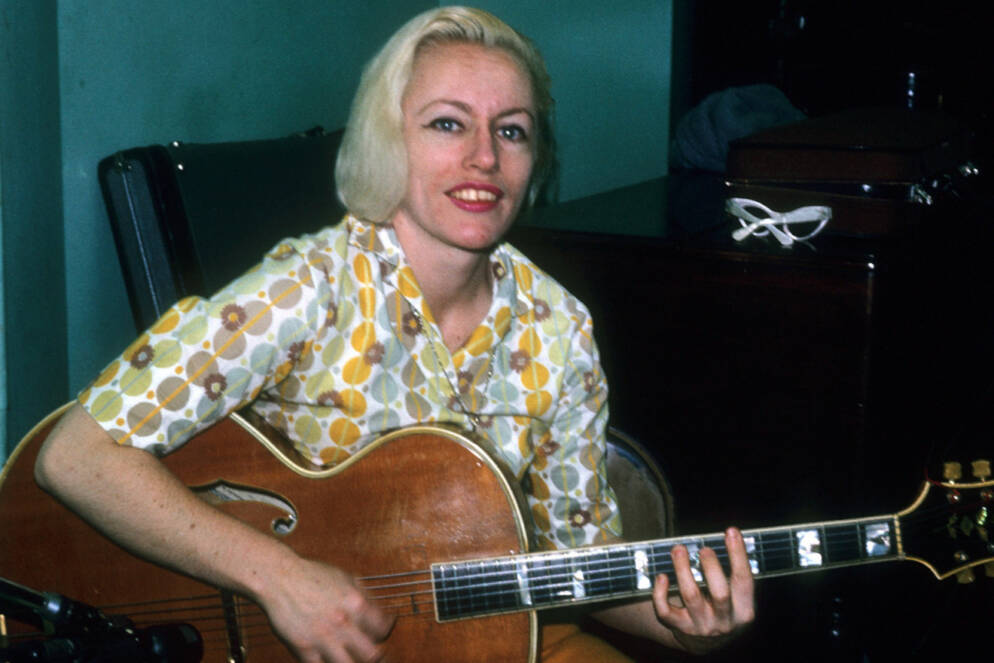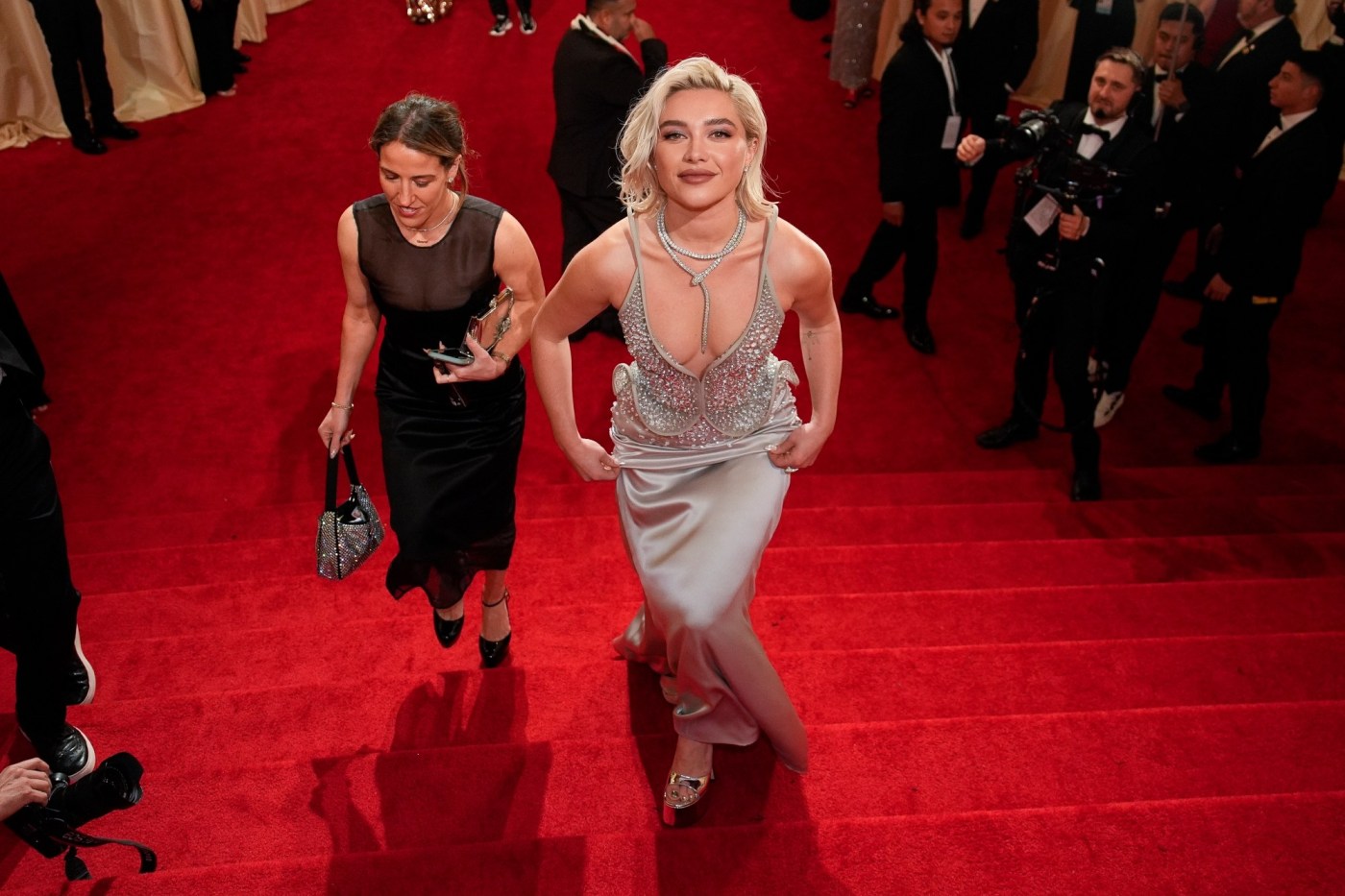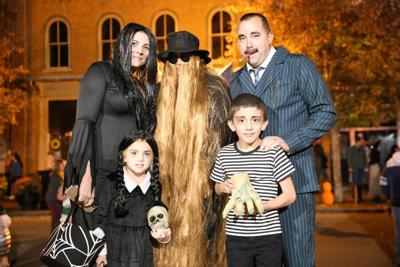The Rock and Roll Hall of Fame welcomed three influential figures into its ranks during a ceremony on November 8, 2023, in Los Angeles. Among the inductees were celebrated musician Warren Zevon, renowned record executive Lenny Waronker, and distinguished bassist Carol Kaye. Each of these individuals has made substantial contributions to the music industry, particularly within the realm of rock and roll.
During the ceremony, comedian and television host David Letterman paid tribute to Zevon, who was posthumously awarded the Musical Influence Award. Letterman reflected on their relationship, recalling a poignant moment from Zevon’s last appearance on his show in 2002. At that time, Zevon, who was terminally ill, performed “Keep Me in Your Heart” and gifted his guitar to Letterman.
Standing before the audience with the cherished instrument, Letterman shared, “By God, tonight it’s going back to work.” He then handed the guitar over to Dave Keuning of the band The Killers, who performed Zevon’s “Lawyers, Guns and Money” during the ceremony. Zevon, best known for hits such as “Werewolves of London,” left a legacy marked by his ironic and satirical songwriting style.
Jordan Zevon, the musician’s son, encouraged Letterman to highlight significant aspects of his father’s life, including his studies with classical composer Igor Stravinsky. As noted by historian Jonathan Karp, this connection reflects the broader influence of Jewish artists in the music industry. Karp emphasized that while being Jewish does not automatically confer musical talent, it often enriches the creative process with cultural depth.
Joining Zevon in the Hall of Fame were Lenny Waronker and Carol Kaye, both of whom have deep ties to the industry. Waronker, who has had a storied career with Warner Bros. and DreamWorks Records, is the son of Liberty Records founder Simon Waronker. Karp described Waronker as a key figure representing the significant role of Jews in the music business, noting, “They were well situated to be involved not just as performers but even more so as impresarios and entrepreneurs.”
Kaye, recognized for her work on iconic tracks like the Beach Boys’ “Good Vibrations” and The Monkees’ “I’m a Believer,” was also honored at the event. Raised in a Baptist environment, she converted to Judaism in the 1960s, celebrating her bat mitzvah with the name “Ruth,” a homage to the biblical figure known for her conversion. Karp remarked on Kaye’s distinct position within the music world, highlighting her role as a female musician in a predominantly male realm.
Despite her significant contributions, Kaye reportedly chose not to attend the ceremony, stating that the recognition “wasn’t something that reflects the work that studio musicians do.” Karp acknowledged her reluctance for fame, emphasizing the complexity of her influence in the industry.
The Rock and Roll Hall of Fame induction ceremony not only celebrated individual achievements but also underscored the rich tapestry of Jewish contributions to American music. As the industry continues to evolve, the legacies of Zevon, Waronker, and Kaye remain vital parts of its history.







